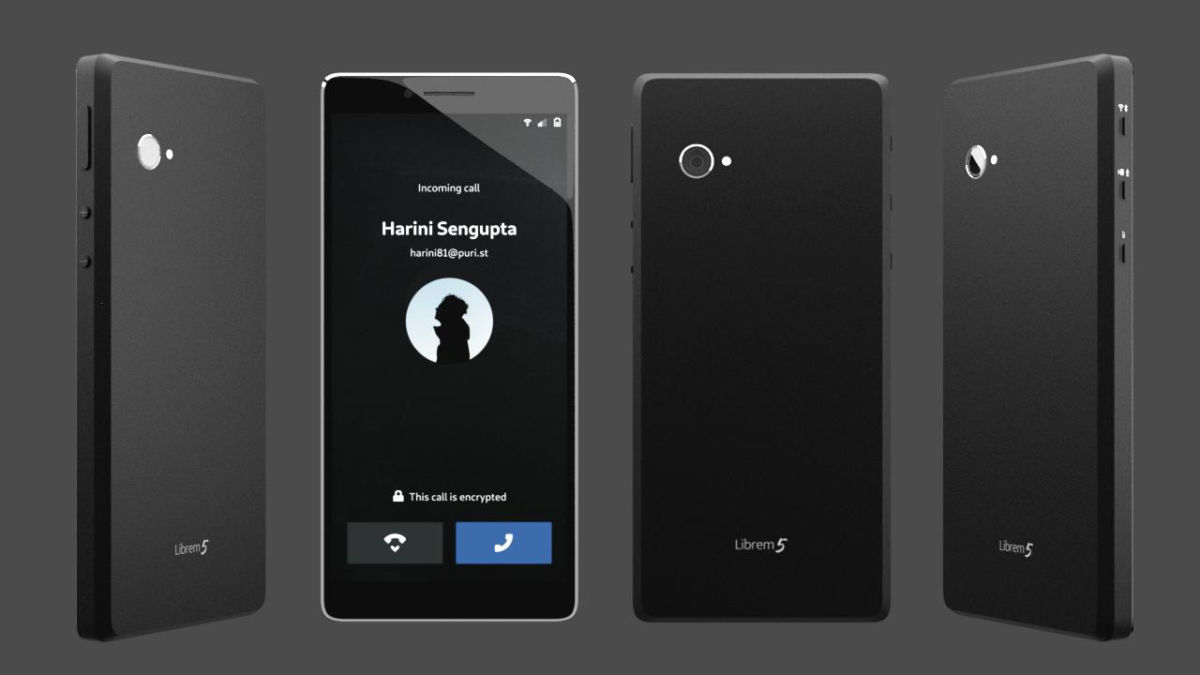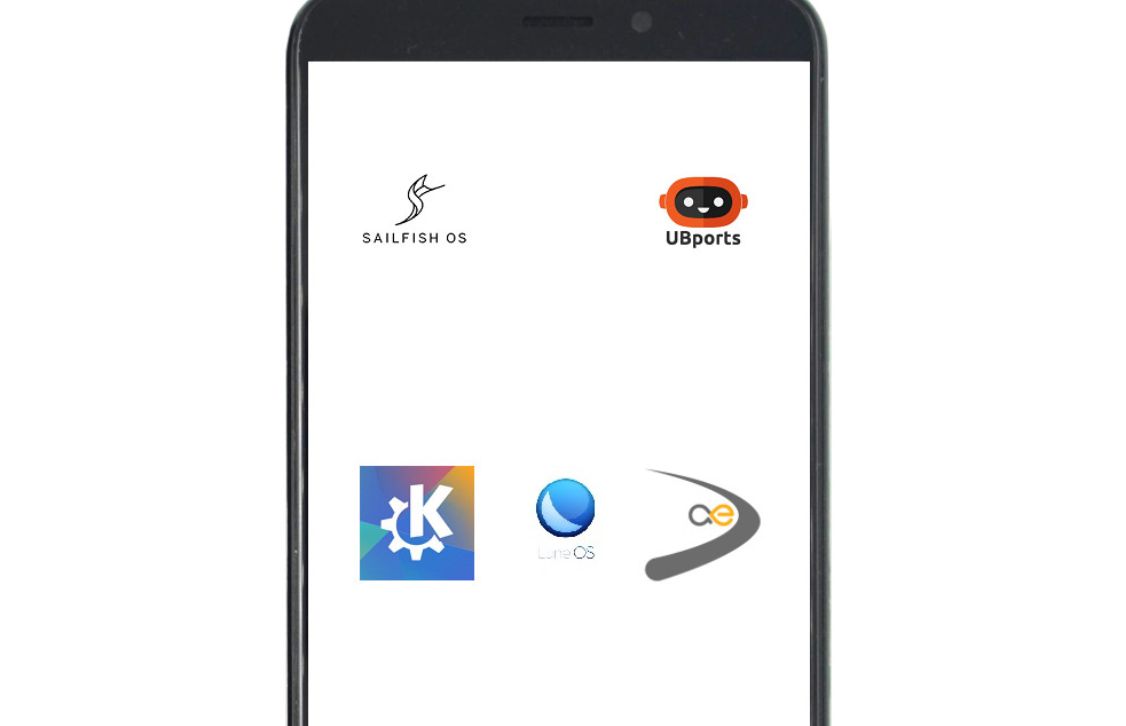The ‘smartphone generation’ could also be called the ‘data generation’. With the days of the ‘Wild West Internet’ drawing to a close, we’ve seen more and more people drawn to a number of particular services. There aren’t many of us that don’t use the likes of Facebook, Twitter, Spotify, YouTube or others on a daily basis, and I am sure there are people out there who rarely rely on websites outside of the few dozen main websites.
The culture of people being drawn to a few centralised websites seems to have coincided with the proliferation in the use of smart devices, mainly smartphones. This has led to companies harnessing devices to collect data which can then be sold on for various reasons, which has exploded with the increased use of the smartphone. Naturally, there are a number of people who aren’t happy with this, but due to the duopoly of iOS and Android, there’s not much choice in the smartphone market.
However, there are three phones that are hoping to change this, so let’s take a quick look at them.
Volla Phone
The Volla Phone is the newest handset on this list, and is also the furthest away from the finished product. Currently crowdfunding on Kickstarter, its makers are looking for $387,472 to bring the Volla Phone project to a reality. I won’t lie, it’s a hefty amount for an unproven company, but their promises of a pre-installed VPN and an open source Android alternative based on the Android Open Source Project (AOSP) may drive interest.
The Volla Phone will run Android apps that do not require Google Play Services to run, which is a double edged sword. It’ll be a good thing as the phone will launch with access to thousands of apps, but Google have seemingly made sure that many popular apps require their Play services, meaning that luring people to move away from Android will prove a little harder.
Volla may also struggle to gain funding, as there have been many tech projects that totally collapsed under the weight of crowdfunding, so many potential backers may err on the side of caution. But I am quietly hopeful that the Volla Phone comes to fruition — the design looks great, if the finished option comes out looking similar, of course. Also, Volla announced that there is a working Ubuntu Touch prototype, meaning that those looking to avoid Google altogether may have an alternative.
Librem 5
I have been watching the progress of the Librem 5 for some time. It has been created by Purism, a company creating hardware with a focus on cyber security and open software. The company launched a crowdfunding campaign for a privacy focussed phone in 2017 with a target of $1.5 million. They eventually amassed over $2 million.
Purism has been working on the handset ever since and despite a couple of delays, it is finally available for sale. However, do note that you’ll be placed into a back order list until your order is completed. The handset runs a mobile version of Purism’s own PureOS, a version of the operating system that powers their computers which prioritises privacy and security.
One interesting feature of the Librem 5 are the hardware killswitches. On the side of the handset there are three switches that will kill power to the camera, microphone, and wifi and Bluetooth. It also features a headphone jack and replaceable battery, both of which are getting rarer in modern smartphones.
It’s a slick looking handset, which also looks high quality. Librem 5 is available to buy now from puri.sm and costs $699.
Pinephone
Pine64 are similar to Purism, but also totally different. Whereas Purism is a company, Pine64 is more of a community driven project, but with similar goals. Their aim is to provide devices for free open source software enthusiasts. Their PineBook, a small notebook computer, is currently on sale via their website now, and they’re to follow this up with the PineBook Pro in December, and soon: the PinePhone.
Pine64 have dedicated themselves to making low cost, yet reliable devices with a focus on open source software — the PineBook and its Pro version retail at $99.99 and $199.99 respectively. This low price doesn’t mean low quality either, with TechRadar reviewing the PineBook and awarding it a pretty good 3.5/5.
The handset is due to retail at $149, offering a cheaper entry point to enthusiasts and those interested in an affordable, Linux based handset. Support for multiple operating systems has been teased, including SailfishOS, Ubuntu Touch and Plasma Mobile. The PinePhone Brave Heart is due to open for preorders around mid-November.
There are a few non-iOS and Android devices out there right now, but will any of them gain mainstream success? I was discussing this issue with a colleague the other day, and made the point about iOS and Android not being private, his response? “So what?” This isn’t the first time I’ve heard this, either. The public just don’t seem to care about data collection and privacy, and that feels strange to me.
Some of the coverage you find on Cultured Vultures contains affiliate links, which provide us with small commissions based on purchases made from visiting our site. We cover gaming news, movie reviews, wrestling and much more.





